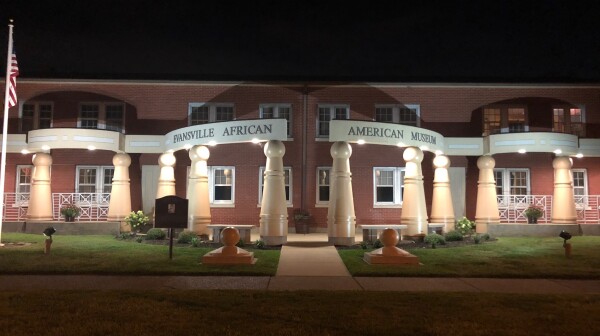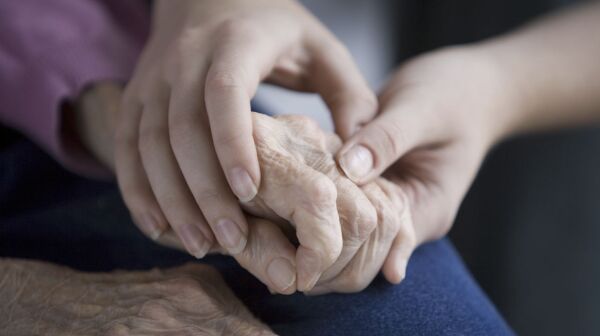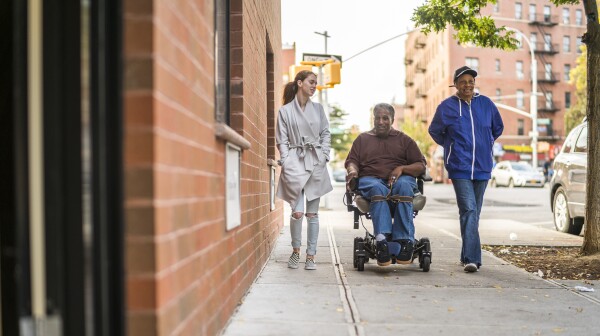AARP Eye Center
CLOSE ×
Search
Popular Searches
- right_container
- Health
- Money
- Work & Jobs
- Advocacy
- Social Security
- Medicare
- Caregiving
- Games
- Travel
- More...
- Entertainment & Style
- Family & Relationships
- Personal Tech
- Home & Living
- Auto
- Staying Sharp
- Podcasts
- Videos
As federal spending discussions heat up in Washington, D.C., AARP Indiana is asking U.S. Sen. Todd Young and Congressional leaders to remember working family caregivers by supporting the Credit for Caring Act.
No matter where you are in the caregiver journey, these local agencies and organizations can help make the process easier
Join AARP Indiana for a brand-new event series, sweepstakes, and local discount with the Evansville African American Museum, a collaboration that promises to enrich the community's connection to our shared history and culture.
Caregiving may be one of the most important, and challenging, roles you’ll ever take on. No matter where you are in your caregiving journey — starting to plan; taking care of a family member in your home, in a facility, or from a distance; or managing end-of-life caregiving responsibilities — having resources at your fingertips will make the process easier.
For the first time since AARP began publishing the Scorecard in 2011, more than half of Medicaid long-term care dollars nationwide for older adults and people with physical disabilities went to home- and community-based services instead of nursing homes and other institutions.
In honor of National Family Caregivers Month 2023, AARP Indiana is hosting Caregiver Weeklies, a virtual event series that spans each week in November. AARP Indiana staff and volunteers will chat with experts in the caregiving field from communities across the state. Viewers will have the opportunity to ask questions live, and all sessions will be streamed via Zoom.
In honor of National Family Caregivers Month 2022, AARP Indiana hosted Caregiver Weeklies, a virtual event series that spanned each week in November. AARP Indiana staff and volunteers chatted with experts in the caregiving field from communities across the state. Viewers had the opportunity to ask questions live, and all sessions were streamed via AARP Indiana's Facebook page.
In a recent AARP survey, 86 percent of Hoosiers ranked staying in their own homes as they get older as their top issue when it comes to independent living.
According to a recent AARP survey, one in four Hoosiers older than 45 provide unpaid help and caregiving to an adult friend or loved one.
The state's increasingly popular Structured Family Caregiving (SFC) program pays live-in caregivers a daily stipend, allowing people to live at home longer, instead of going to a long-term care facility. Started as pilot project in 2013, it helps more than 4,000 families and, along with similar services, saves the state roughly $2,000 per person, per month, compared with institutional care.
Search AARP Indiana
Connecting you to what matters most, like neighbors do. Find events, volunteer opportunities and more near you.
Sign Up & Stay Connected









































































